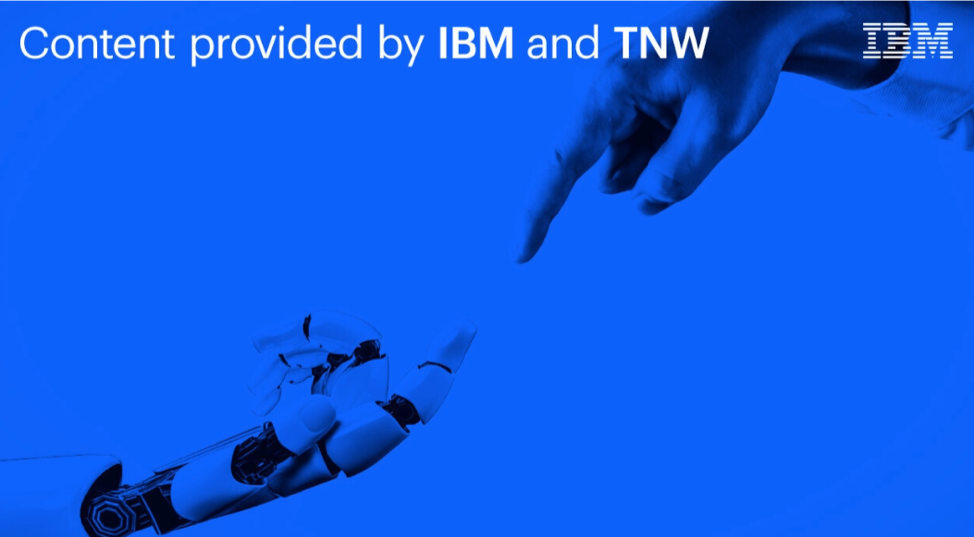This year the EU unveiled the AI Liability Directive, a bill that will make it easier to sue companies for harm caused, part of a wider push to prevent companies from developing and deploying harmful AI. The bill adds an extra layer onto the proposed AI Act, which will require extra checks for “high-risk” uses of AI, such as in the use of policing, recruitment, or healthcare. Unveiled earlier this month, the bill is likely to become law within the next few years.
While some worry the AI Liability Directive will curb innovation, the purpose is to hold AI companies accountable, and require them to explain how their AI systems are built and trained. Tech companies that fail to comply will risk Europe-wide class actions.
While the US has been slower to adopt protective policies, the White House also released the blueprint for an AI Bill of Rights earlier this month which outlines how consumers should be protected from harmful AI:
- Artificial intelligence should be safe and effective
- Algorithms should not discriminate
- Data privacy must be protected
- Consumers should be aware when AI is being used
- Consumers should be able to opt-out of using it, and speak to a human instead
This article was originally posted at The Next Web.
The Boston Global Forum (BGF), in collaboration with the United Nations Centennial Initiative, released a major work entitled Remaking the World – Toward an Age of Global Enlightenment. More than twenty distinguished leaders, scholars, analysts, and thinkers put forth unprecedented approaches to the challenges before us. These include President of the European Commission Ursula von der Leyen, Governor Michael Dukakis, Father of Internet Vint Cerf, Former Secretary of Defense Ash Carter, Harvard University Professors Joseph Nye and Thomas Patterson, MIT Professors Nazli Choucri and Alex ‘Sandy’ Pentland, and Vice President of European Parliament Eva Kaili. The BGF introduced core concepts shaping pathbreaking international initiatives, notably, the Social Contract for the AI Age, an AI International Accord, the Global Alliance for Digital Governance, the AI World Society (AIWS) Ecosystem, and AIWS City.










